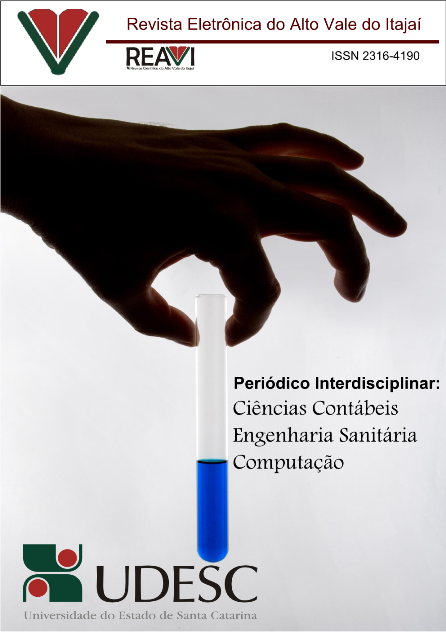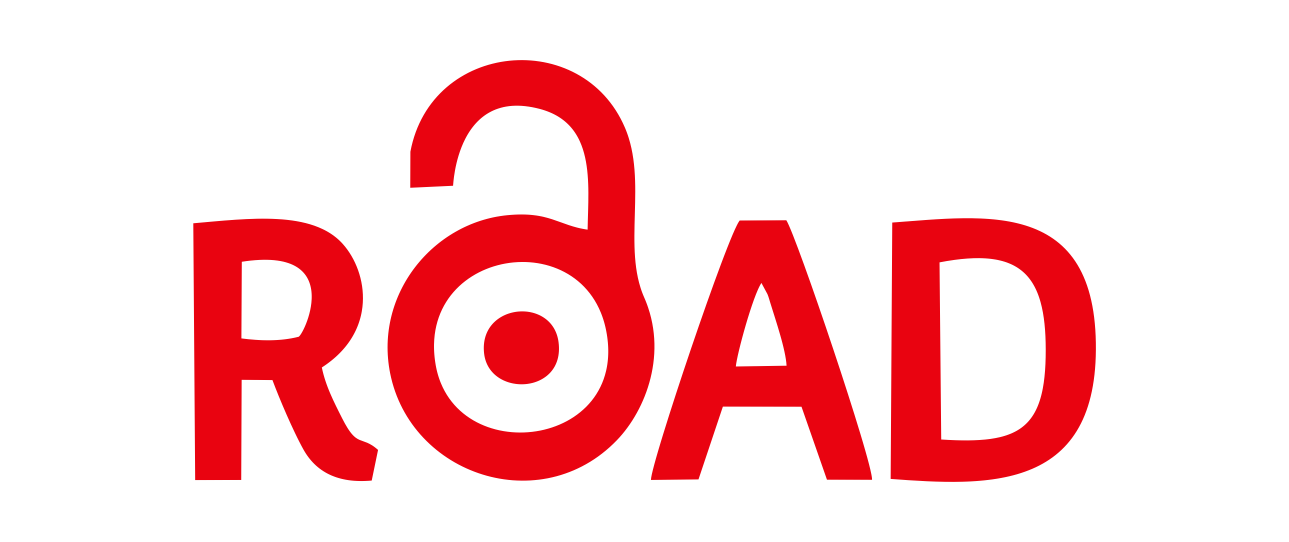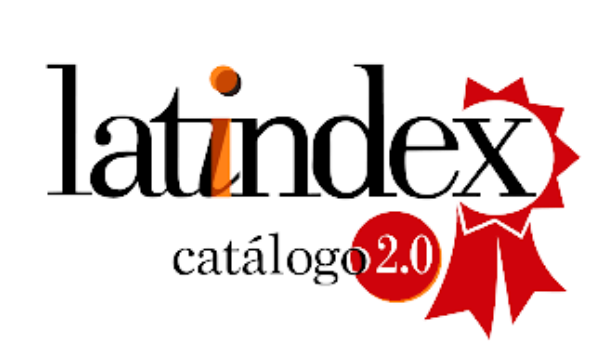Estrategias y medidas de desempeño en la gestión de empresas familiares: un análisis de la aplicación del Balanced Scorecard
DOI:
https://doi.org/10.5965/2764747102042013173Palabras clave:
planificación, control, Balanced Scorecard, empresas familiaresResumen
Este trabajo presenta un análisis respecto al uso del Balanced Scorecard (BSC) como herramienta de gestión estratégica y de control de desempeño en las empresas familiares. Hoy en día las empresas compiten en entornos complejos, por lo que es fundamental que exista una perfecta comprensión de sus metas y de los métodos para lograrlas. El Balanced Scorecard traduce la misión y la estrategia de las empresas en un conjunto integral de medidas de desempeño que sirven como base para un sistema de medición y gestión estratégica. El Balanced Scorecard mide el desempeño organizacional desde cuatro perspectivas equilibradas: financiera, del cliente, de los procesos internos de la empresa y del aprendizaje y crecimiento.
Descargas
Citas
KAPLAN, Robert S.; NORTON, David P. A estratégia em ação. 8. ed. Rio e Janeiro: Campus, 1997.
KAPLAN, Robert S.; NORTON, David P. Organização orientada para a estratégia. 3. ed. Rio e Janeiro: Campus, 2000.
LUNKES, Rogério João. Manual de orçamento. 2. ed. São Paulo: Atlas, 2008.
GONÇALVES, Carlos Alberto; FILHO Cid Gonçalves; NETO, Mario Teixeira Reis. Estratégia empresarial: o desafio das organizações. 1. ed. São Paulo: Saraiva, 2006.
FREZATTI, Fabio. Orçamento empresarial. 4. ed. São Paulo: Atlas, 2007.
PARNELL, John; KROLL, Mark J.; WRIGHT, Peter. Administração estratégica. São Paulo: Atlas, 2000.
OLIVEIRA, Djalma de Pinho Rebouças. Empresa familiar. São Paulo: Atlas, 1999.
BEUREN, Ilse Maria. Como elaborar trabalhos monográficos em contabilidade. 3 ed. São Paulo: Atlas, 2009.
Descargas
Publicado
Cómo citar
Número
Sección
Licencia
Derechos de autor 2015 Carolina Keil, Vitor Paulo Bogo, Marino Luiz Eyerkaufer

Esta obra está bajo una licencia internacional Creative Commons Atribución 4.0.




















